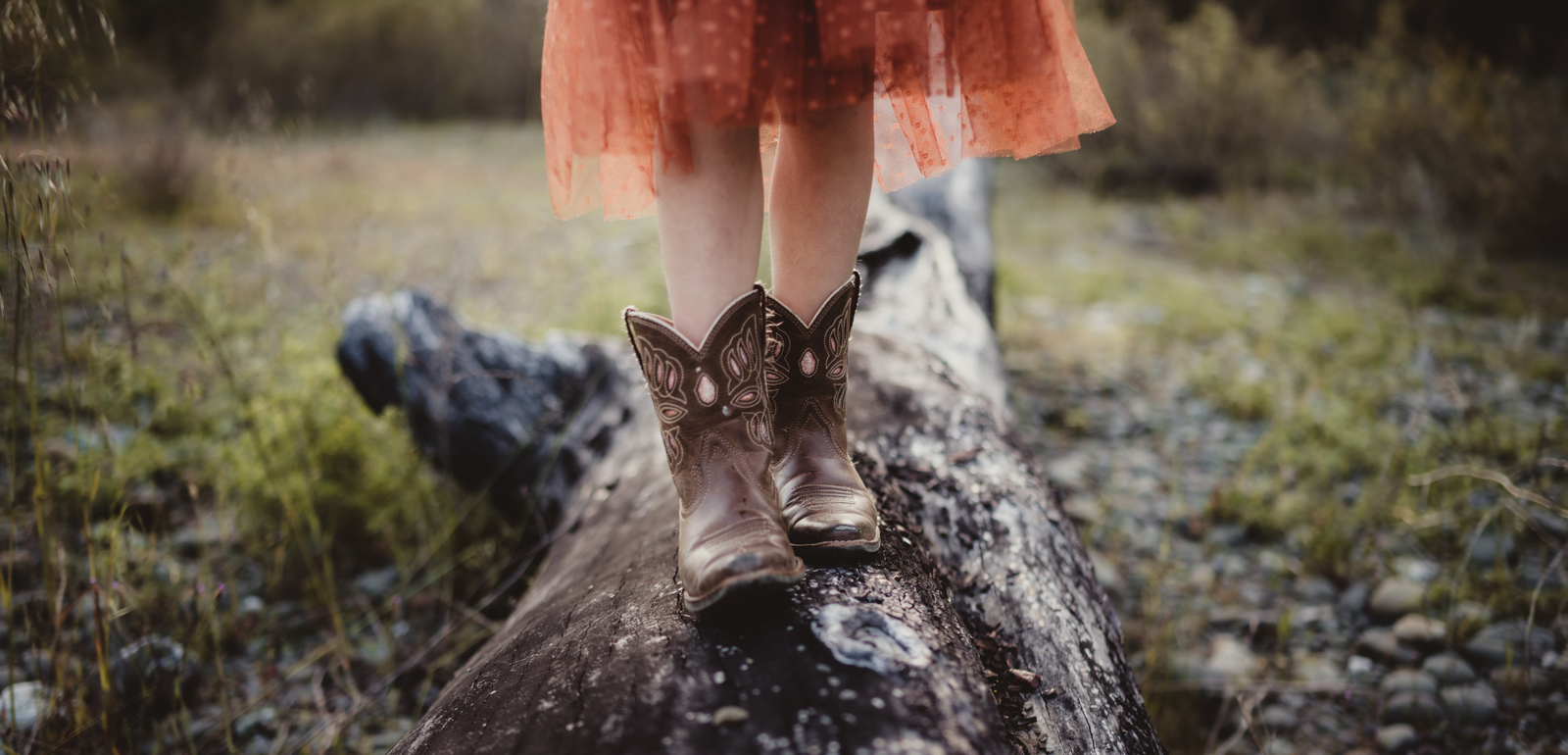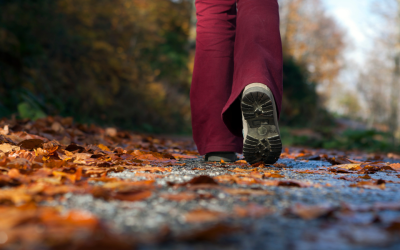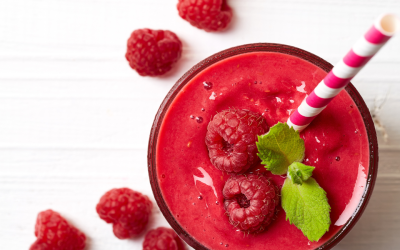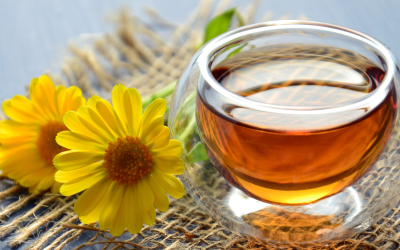Your Well-Being
An Introduction to Mindfulness

If you want to learn about mindfulness, go for a walk with a toddler. They have not yet lost touch with this inherent ability. As they walk, they are fully present in the process, deeply attuned to their surroundings, and insatiably curious about what there is to discover. Little people notice things around them, and go over to investigate. They get side-tracked and change course as they make new discoveries. They stop dead in their tracks to respond to physical sensations as they arise. They ask questions about aspects of their surroundings that you hadn’t noticed until they asked. If they see a field, they turn their full attention to embracing all that an open field has to offer. They are fully present in the experience of that walk. In contrast, when adults go for a walk, they tend to get lost in their mental chatter, or something they are listening to through their headphones, or are simply so focused on their destination that they miss the journey along the way.
So, what is Mindfulness?
Many understand mindfulness to mean being in the present moment, but I believe that being in the moment is the effect rather than the definition. A better definition comes from Shirley Pastiroff who says, “mindfulness is paying attention with kindness and curiosity.” We are being mindful when we intentionally and compassionately place our awareness on something and, without judgement, allow it to be whatever it is. We can be mindful of our internal experiences, like our thoughts, emotions, or physical sensations; or on our external experiences, like our environment, the people around us, or the tasks we’re busy with. Paying attention to experiences that are happening right now is a common and hugely beneficial way of practicing mindfulness because, by anchoring the practitioner’s attention on present moment experiences they draw it away from their mind chatter – your brain cannot think of two things at once. But, paying attention with kindness and curiosity, we can also reflect mindfully on past events, such as by exploring how we reacted to something, and even consider the future, such as when setting an intention for the day ahead, or observing your daydreams.
“Mindfulness is paying attention with kindness and curiosity.”
~ Shirley Pastiroff
Origins of Mindfulness:
Mindfulness has been practiced for more than 2,500 years in both religious and secular traditions. The concept of mindfulness is evident in ancient Vedic and Buddhist traditions, as well as Jewish, Islamic and Christian religions. The quality of ‘attention’ or ‘concentration on the present’ was highly prized by the Stoic philosophers of ancient Greece. Many cultures around the world, such as those in Hawaii, Tibet, Turkey, and Japan, have long practiced mindfulness exercises. Mindfulness can be practiced by anyone, no matter how different your life might seem, because underneath it all, what makes us human is the same for all of us.
Jon Kabat-Zinn is most widely acknowledged for adapting mindfulness practices to the West. In the late 1970s, he began applying mindfulness principles in his work at the University of Massachusetts Medical Center, exploring its use in reducing physical pain and suffering. Nowadays, mindfulness tools are incorporated into mental health and pain management programmes. Mindfulness programmes are also increasingly being adopted in schools and the military. An example is the Mindfulness in Schools Project in the UK. Part of this programme encourages teens to adopt the text ‘.b’, which stands for ‘stop – breathe and be.’ I love how this not only meets teens where they are by using technology as a tool, but also gives them the incredible gift that is mindfulness at a time when life can be confusing to navigate.
Benefits of Mindfulness:
There is a growing body of research supporting the use of mindfulness to improve well-being. So far, there is evidence that it helps to reduce anxiety, depression, exhaustion, and irritability. It can lessen addictive and self-destructive behaviours, as well as mental suffering related to ill-health. Research shows that mindfulness increases focus, positivity, creativity, and one’s sense of contentment. It also improves memory, attention span, and reaction speeds, as well as mental and physical stamina and resilience.
Mindfulness recognises life’s tendency to get chaotic, confusing, and challenging at times, and provides practical techniques for examining these experiences, often as they arise. It offers tools to calm and focus the mental chatter so that we can find more clarity and develop flexibile thinking. It helps us to cultivate resilience and compassion, and to acknowledge and accept life as it is. It asks you to get curious and, in so doing, it helps you to discover new perspectives. Mindfulness can be practiced anytime, anywhere, without special equipment, or by setting aside a specific time, making it an ideal addition to our – often busy – daily lives.
So, the next time you head out for a walk, even if you’re heading towards a goal, try placing your awareness on how your feet feel with each step as they connect with the ground beneath you. Or pay attention to the rhythmic sound of your breath inhaling and exhaling. Or notice, without attachment or judgement, what thoughts are arising as they arise. Or, quietly and intentionally, just notice the world around you, where you are, in that moment. In so doing start to increase your joy by savouring all the goodness life has to offer, and truly inhabiting your life.
If you’re interested in mindfulness, head over to my YouTube channel for some exercises to add to your day.
Join the Mindful Mornings Challenge
Are you ready to invite a little more presence, calm, and connection into even your busiest days? Download your free PDF challenge guide.
More Articles to Explore…
The Power of Gratitude
Gratitude is a simple practice that can have lasting positive impacts on our social, emotional, psychological, and even physical well-being.
The Power of Walking
When it comes to self-care, never underestimate the power of walking to improve your physical and mental well-being.
The Power of Doing Just One Thing
Your Well-BeingThe Power of Just One Thing In the fable about the Tortoise and...
Listen to Your Tea
The simple task of preparing and drinking a cup of tea (or coffee) is the perfect opportunity to practice mindfulness.




